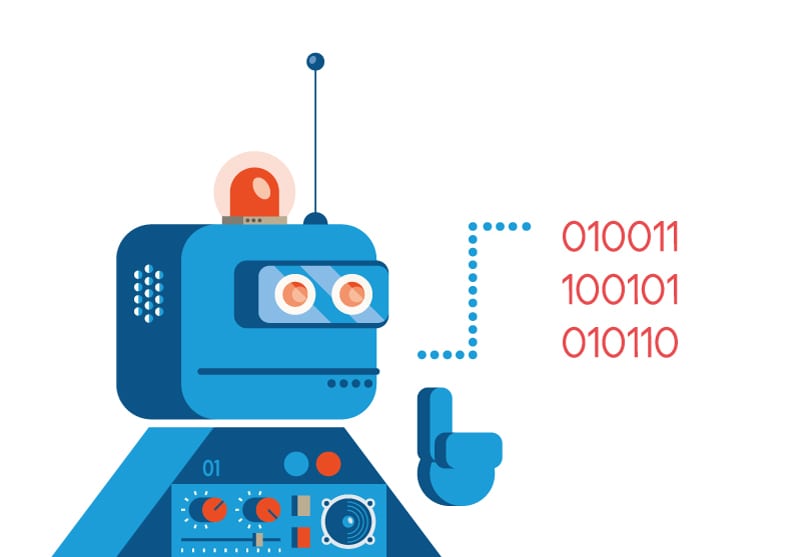Japan is now planning on using robots and AI to enhance English-speaking skills in around 500 schools.
According to NHK, Japan’s education ministry wants to make English-speaking artificial intelligence robots a normal part of school. The thinking is that these robots can help students improve their English speaking abilities.
Can robots really be useful teaching tools when it comes to language?

Robots as Teaching Tools in Other Ways
While AI comes in handy regarding natural language processing, robots aren’t among the top resources when it comes to learning languages.
However, this new trend of utilizing robots and AI to teach will likely continue.
Though not language related, the QTrobot aims to help students on the autism spectrum. AR and VR make natural classroom tools, as do 3D printing gear like the 3Doodler pen. Other robots like the No Isolation and Avatar robots even act as stand-ins.
But this actually isn’t the first time Japan wanted to incorporate robots in the classroom.
In 2009, the robot known as Saya made its debut, teaching a lesson to fifth-graders. Unlike the previous attempt, Japan’s education ministry will launch this trial in around 500 schools across Japan.
In fact, some schools already have similar inventions helping students with English.
But this robot will be accompanied by supporting study apps and conversation sessions with native English speakers, as well.

Will the Robot Really Improve Things?
We have written many times about how the man considered the “godfather of AI” thinks that, in order to develop true AI, researchers need to start over.
Right now, AI develops based on the things it absorbs or what humans put into it. That means that, unfortunately, AI cannot truly think for themselves yet. Moreover, robots and AI may not be enough to aid language apps.
We also wrote about how language apps may not be able to actually help people learn languages. As someone who took French for seven years and German for four years and tries to use Duolingo to keep those skills “sharp”, I can tell you that it isn’t effective.
Due to the incorporation of conversations with native speakers, however, the Japanese education ministry may find success.



















Comments (0)
Most Recent